Forensic examination and analysis are conducted in the following areas.
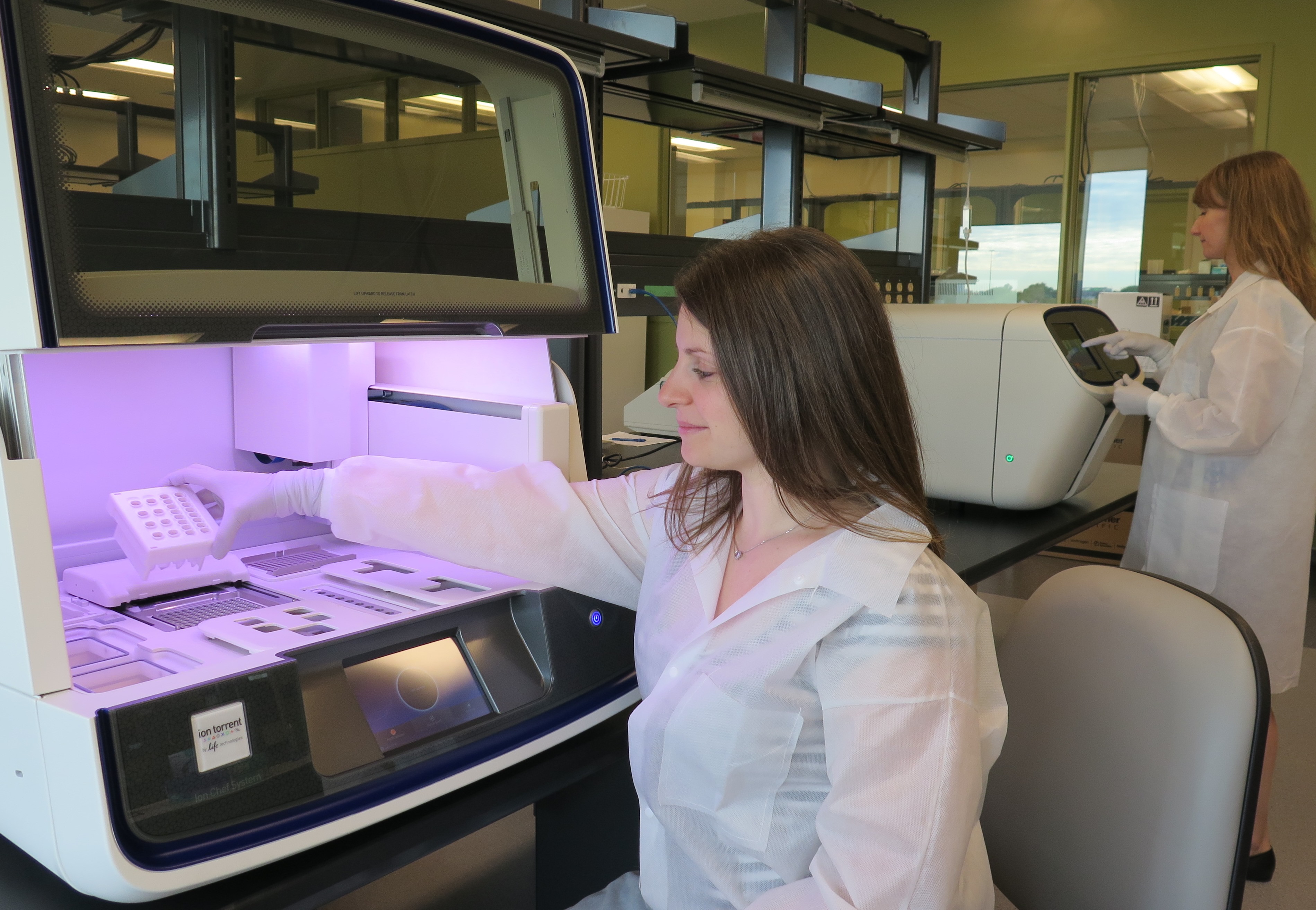
Biology
Body fluid identification and/or DNA profiling in cases involving crimes against persons and property as well as in cases of unidentified human remains.
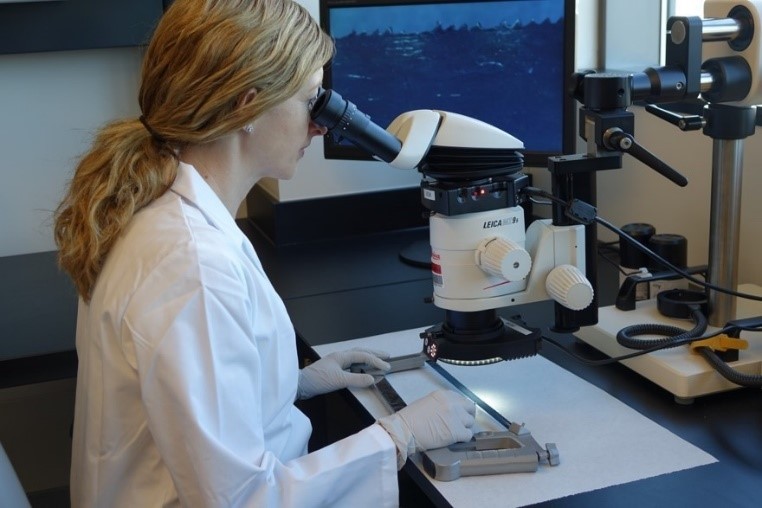
Chemistry
Provide chemical analysis and physical comparisons of many different types of materials and trace evidence.
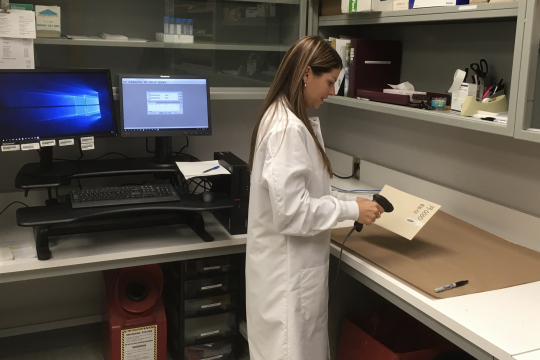
Documents
Examine documents to determine whether they are authentic or if they have been altered, and to determine how they relate to a person, thing, event or time.
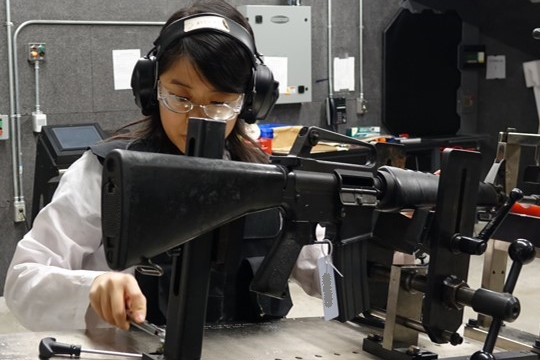
Firearms
Examine firearms, ammunition, target surfaces and related evidence found at crime scenes and during search warrants.
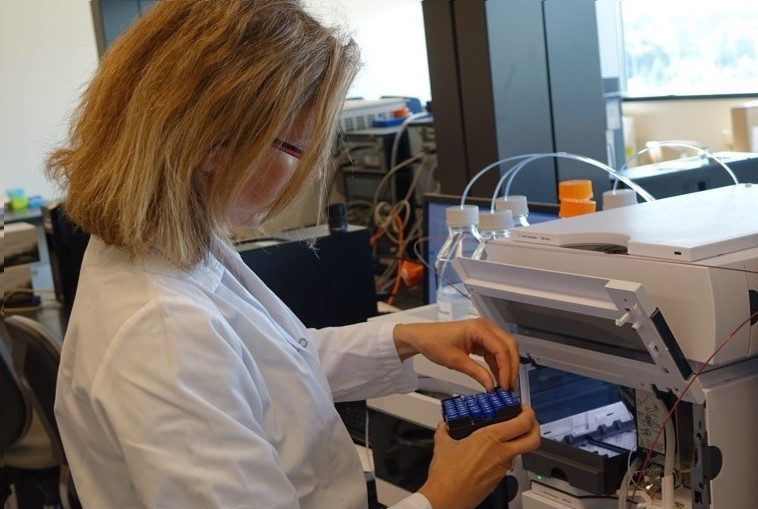
Toxicology
Analysis of body tissues and fluids for the presence of drugs including alcohol in support of medico-legal death investigations and criminal investigations.
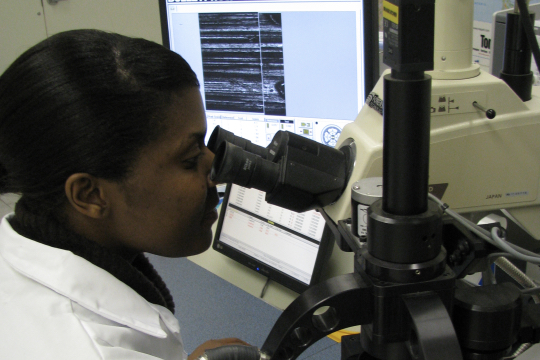
Research and Development
Ensuring cutting edge forensic science is used to deliver services to official investigative agencies and to advance the discipline.
Looking to for more information on collecting or submitting evidence to the Centre of Forensic Sciences? Please visit the evidence page.
Client Resources
Training
Educational services for law enforcement officers, staff of justice organizations, and forensic science stakeholders.
Collection Kits & Supplies
Order form for evidence collection kits and supplies.
Technical Information Sheets
Information documents to assist customers in understanding CFS reports.
Investigator's Handbook
Overview of the collection and packaging requirements for items being submitted to the Centre of Forensic Sciences.
Research and Development
Ensuring cutting edge forensic science is used to deliver services to official investigative agencies and to advance the discipline.
Students
Resources for student education, volunteering, internships, co-ops, and employment at the CFS.
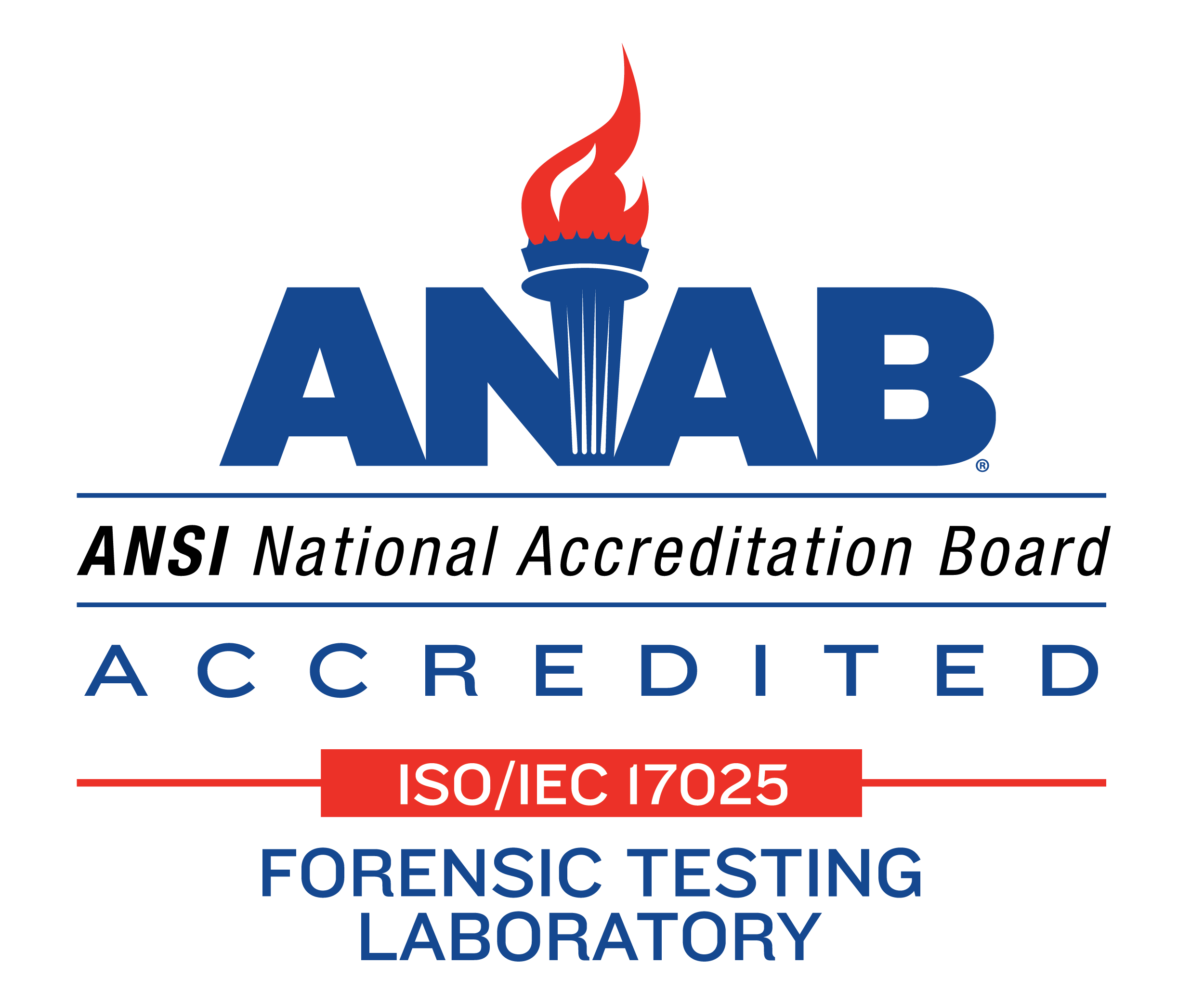
ANAB Accreditation
The Centre of Forensic Sciences is accredited by the ANSI National Accreditation Board. The laboratory has been accredited since 1993. Refer to certificate FT-0124.

